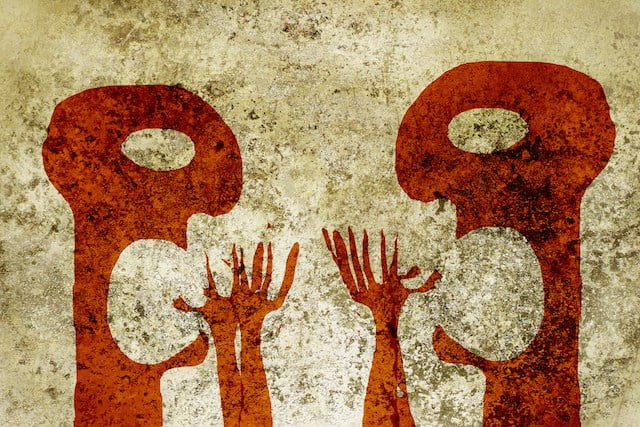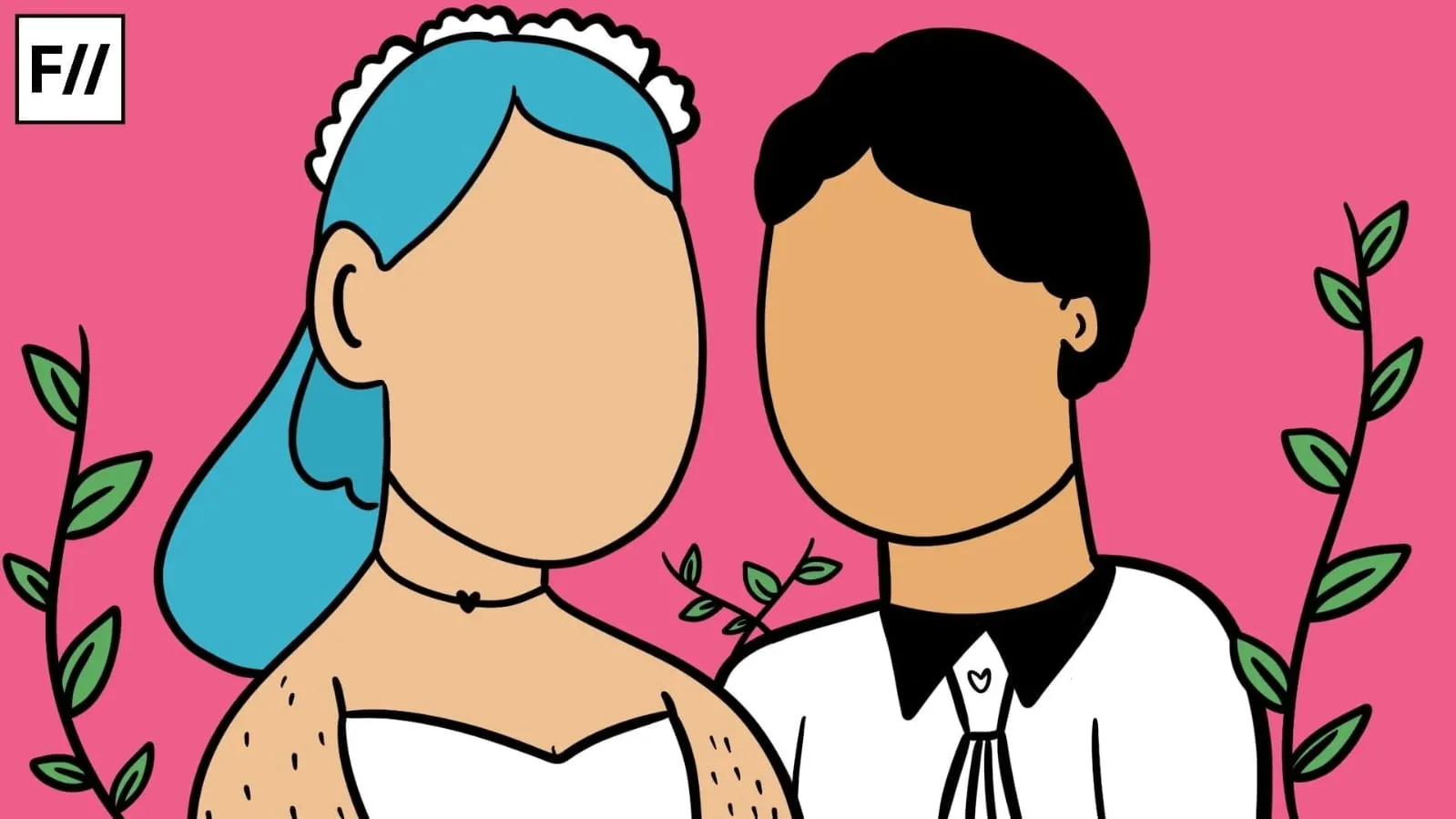A recent UN report confirmed, to no real surprise, that home is, in fact, the most dangerous place for a woman. For generations, we have tried to ship the narrative that a sleazy, shadowy figure on a darkened street is the one out to harm the women. But the truth has always been that women have had to fear the men closest to them the most.
More often than not, it begins with the father, or in a lot of cases, it begins with the parents. Children are looked at as play dough, to be moulded into the parents’ own vision, and not as individuals who have every right to explore their own growth. From the assignment of sex at birth, to gender-specific toys, to the choice of schools, to the group of friends allowed into their lives, to whom they hug, to who gets to kiss them, to who is privy to their dance performances, to the clothes they wear, to the kind of study subjects they pick, to the college they ‘choose’, the parents (and extended family, if you are particularly unlucky!) decide everything consequential in a young person’s life. As the years pass, this control is fortified by the combined forces of familial habits and social messaging.
Children are looked at as play dough, to be moulded into the parents’ own vision, and not as individuals who have every right to explore their own growth.
By the time if you have reached college, if your privilege has allowed it that is, you are a pro at sacrificing your own agency at the altar of your family’s church of eternal emotional blackmail. The loss of consent, dialogue, compromise, and consensus are as integral to the so-excused ‘traditional’ family set-up as is forced gender roles. It is so ubiquitous and so celebrated (looking at you profiteering Bollywood directors and producers!), that it is blasphemous to question it.
It is a commonly accepted narrative that women capitulate to the demands of the married home in most personal aspects of their lives. This idea of your body, mind and time belonging to everyone but yourself deepens a woman’s sense of dependency and low self-worth. When dictation of clothing choices shifts to physical violence, this family stands guard at the door, claiming ‘privacy’. The family owns you and your dignity, and what has happened within the four walls of the home are not to be tried in the public court.
Also read: Toxic Families: Beyond The “Ideal” Family
Control is learned at home. The disdain for consent is honed at home. If men are perpetuating violence and women are dying because of it, then we cannot absolve our family’s role in planting the seeds of the behaviour patterns.
We shouldn’t need them to point out obvious social problems, but credible reports do help highlight the scale of a tragedy. The aforementioned report by the United Nations Office on Drugs and Crime (UNODC), released on International Day for the Elimination of Violence Against Women, must push us to rethink one of the most fundamental institutions of human civilisation – home. It is at home that we learn to live with a tenuous grasp on our own privacy and right to dissent and to carry it straight into our relationships, marriages, and partnerships. Then we go about enforcing the same crippling clamps on individual growth as we have children of our own. With every new home that gets created, this cycle of control expands.
We edify the idea of home so much that we forget that it can easily become the breeding ground of rights violations. For every neighbour or acquaintance that pesters you about marriage and procreation, there is often no one to enquire after the clear noises and signs of domestic violence in your family. Home emboldens people to categorise happenings within its walls as ‘private’, with no regards to the huge difference between that concept and what is legal, moral and respectful.
Also read: It’s 2018. Will We Speak Up Against Family And Community Violence?
Home is not, and should not be considered, an entity beyond question. Its joys may be many, but its thick walls are tolerant of all that cannot be done in the open. And that should scare us.
Featured Image Source: Tiny Buddha
About the author(s)
Shruti Sharada is a freelance writer, editor, communications strategist, podcast host and queer feminist based in Bengaluru.




